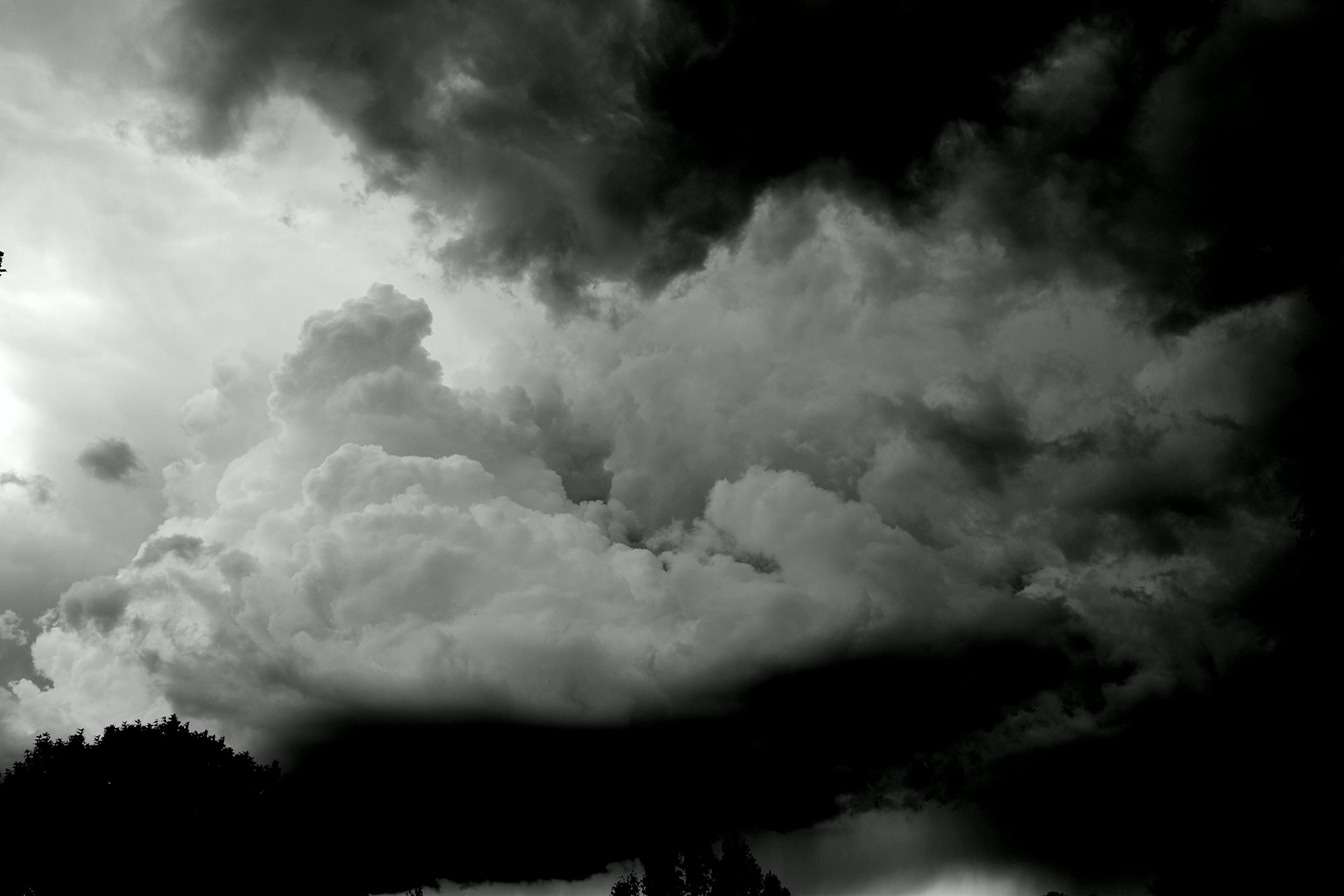Supporting Indigenous Communities in Emergency Response
Indigenous communities around the world face unique challenges when it comes to emergency response and disaster preparedness. These communities often have limited access to resources, face language barriers, and may have cultural practices that are not always understood or respected by outside organizations. In order to effectively support Indigenous communities in emergency situations, it is crucial to work collaboratively with them and to prioritize their needs and perspectives.
One key aspect of supporting Indigenous communities in emergency response is ensuring that they have access to culturally appropriate resources and information. This includes providing materials in Indigenous languages, incorporating traditional knowledge and practices into emergency planning, and respecting the cultural protocols of the community. By working closely with Indigenous leaders and community members, emergency responders can better understand the specific needs and challenges faced by these communities and tailor their response efforts accordingly.
In addition to providing culturally appropriate resources, it is also important to build trust and relationships with Indigenous communities before an emergency occurs. This can involve engaging in ongoing dialogue, building partnerships with Indigenous organizations, and involving community members in emergency planning and decision-making processes. By establishing strong relationships with Indigenous communities, emergency responders can ensure that their efforts are respectful, inclusive, and effective.
One way to support Indigenous communities in emergency response is to incorporate traditional knowledge and practices into disaster preparedness efforts. Indigenous communities have a wealth of knowledge about their local environments, natural resources, and traditional ways of living that can be invaluable in times of crisis. By working collaboratively with Indigenous elders, knowledge keepers, and community members, emergency responders can learn from this traditional knowledge and incorporate it into their emergency planning and response strategies.
In times of crisis, it is important to remember the resilience and strength of Indigenous communities. As one disaster preparedness quote states, “Indigenous peoples have survived for centuries by adapting to their environments and working together as a community.” By recognizing and honoring the resilience of Indigenous communities, emergency responders can better support them in times of need and help them recover and rebuild in the aftermath of a disaster.
In conclusion, supporting Indigenous communities in emergency response requires a collaborative and culturally sensitive approach. By providing culturally appropriate resources, building trust and relationships, and incorporating traditional knowledge and practices, emergency responders can better support Indigenous communities in times of crisis. By working together with Indigenous communities, we can ensure that all members of society are included and supported in emergency response efforts.
For more information on disaster preparedness quotes contact us anytime.

